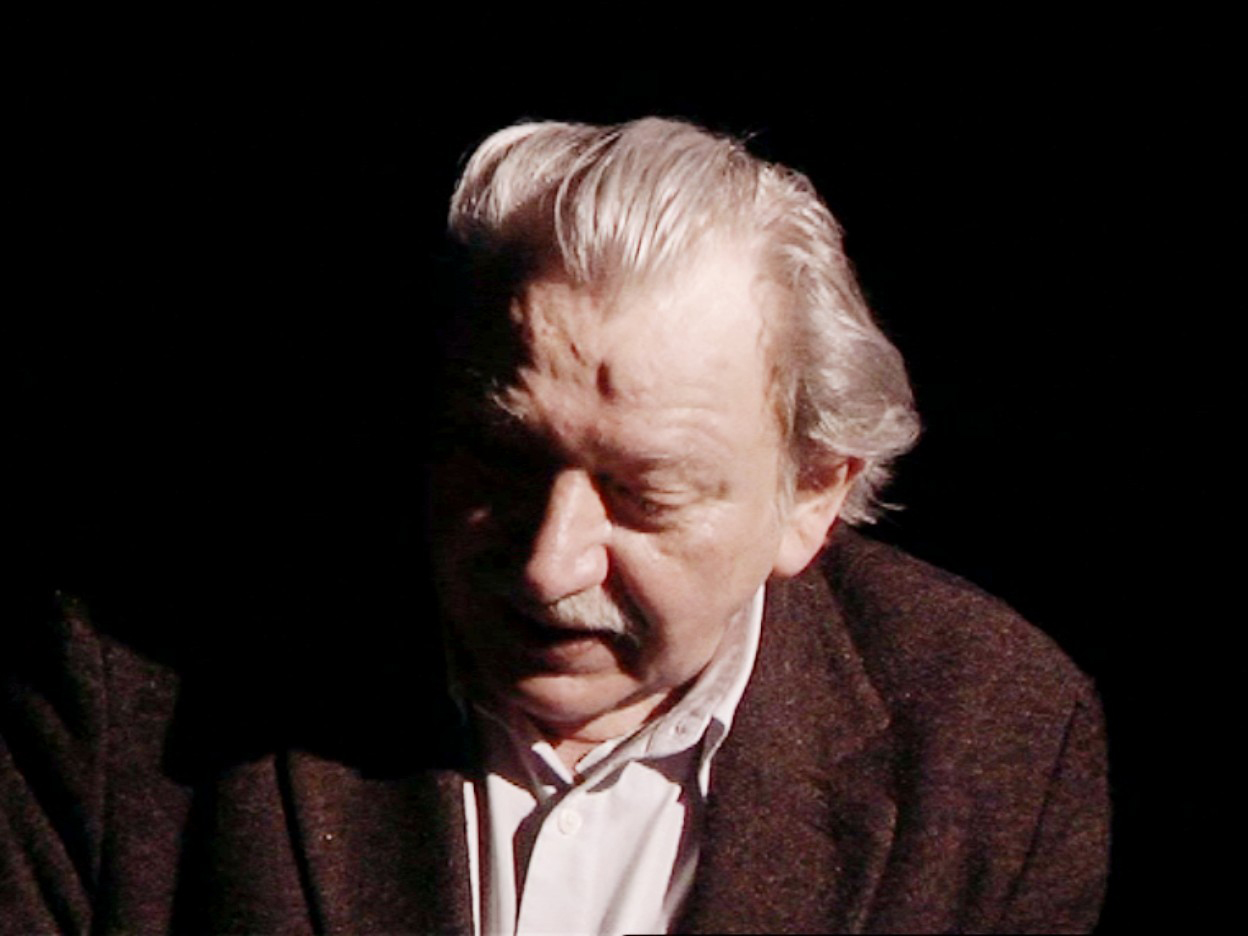
(July 30, 1941 - May 19, 2022)
Critic, film theorist and filmmaker, Jean-Louis Comolli died in his adoptive home city of Paris on May 19, 2022, at the age of eighty. An editor of Cahiers du Cinéma from 1965 to 1973, his international reputation in the field of film studies rests largely on a handful of texts – ‘The Detour through the Direct’, ‘Cinema/Ideology/Criticism’, ‘Technique and Ideology’ – written as he and his co-editor Jean Narboni steered the journal towards a Marxist-Leninist line in the wake of the May ’68 uprising. In France, meanwhile, he is equally well-known for the corpus of films made after departing Cahiers: a body of more than forty titles incorporating both fiction and (more preponderantly) documentary formats, and made for both cinema and television.